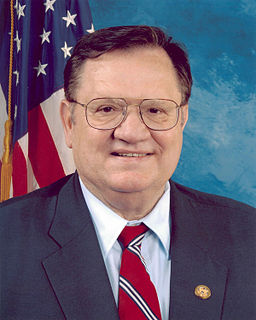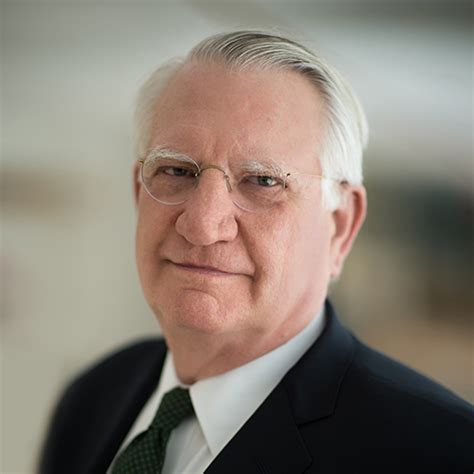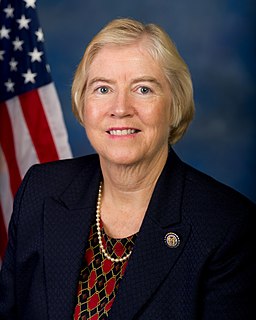A Quote by Pat Robertson
The potential savings in the national budgets from the elimination of police, criminal courts, standing armies, pollution control agencies, drug enforcement, and many poverty programs is almost beyond calculation.
Related Quotes
Washington has incentivized the militarization of local police precincts by using federal dollars to help municipal governments build what are essentially small armies - where police departments compete to acquire military gear that goes far beyond what most of Americans think of as law enforcement.
Police officers today are a protected class, one no politician wants to oppose. Law enforcement interests may occasionally come up short on budgetary issues, but legislatures rarely if ever pass new laws to hold police more accountable, to restrict their powers, or to make them more transparent. In short, police today embody all of the threats the Founders feared were posed by standing armies, plus a few additional ones they couldn't have anticipated.
To make matters worse, federal drug forfeiture laws allow state and local law enforcement agencies to keep, for their own use, up to 80 percent of the cash, cars, and homes seized from suspected drug offenders. You don't even have to be convicted of a drug offense; if you're just suspected of a drug offense, law enforcement has the right to keep the cash they find on you or in your home, or seize your car if drugs are allegedly found in it or "suspected" of being transported in the vehicle.
What really drives the battle against law enforcement and punishment is not a commitment to treatment, but the widely held view that, first, we are imprisoning too many people for merely possessing illegal drugs; second, drug and other criminal sentences are too long and harsh, and third, the criminal justice system is unjustly punishing young black men. These are among the great urban myths of our time.
The fact that more than half of the young black men in any large American city are currently under the control of the criminal justice system (or saddled with criminal records) is not - as many argue - just a symptom of poverty or poor choices, but rather evidence of a new racial caste system at work.
Our emphasis here is based not only on the growing seriousness of drug-related crimes, but also on the belief that relieving our police and our courts from having to fight losing battles against drug use will enable their energies and facilities to be devoted more fully to combating other forms of crime.




































